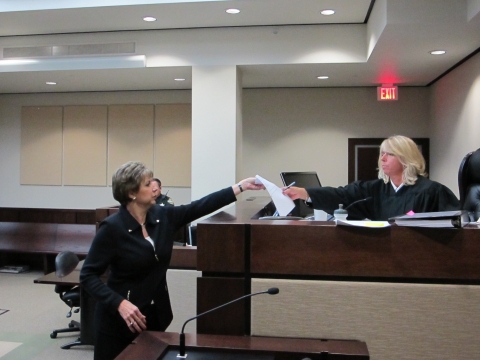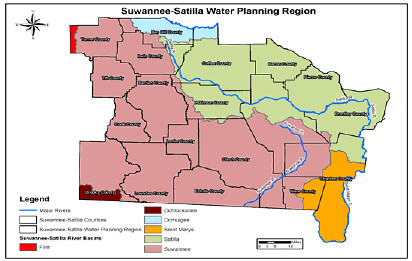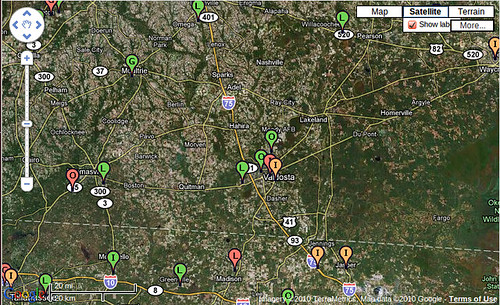Judge Jackie Fulford ruled yesterday for the Second Circuit Court of Florida
that the prison privatization plan the Florida legislature added to the
state budget is unconstitutional on a key point of all prison privatization schemes.
Her ruling agreed with the
Florida Police Benevolent Association,
which is a union of correctional workers.
Judge rules prison privatization plan unconstitutional
Dara Kam wrote for Post on Politics yesterday,
Judge Rules Florida Prison Privatization Unconstitutional,
 The privatization of 29 prisons in the southern portion of the state
from Manatee County to Indian River County to the Florida Keys should
have been mandated in a separate bill and not in proviso language in
the budget, as lawmakers did in the must-pass budget approved in May
and signed into law by Gov. Rick Scott, Fulford ruled.
The privatization of 29 prisons in the southern portion of the state
from Manatee County to Indian River County to the Florida Keys should
have been mandated in a separate bill and not in proviso language in
the budget, as lawmakers did in the must-pass budget approved in May
and signed into law by Gov. Rick Scott, Fulford ruled.
“This Court concludes that if it is the will of the Legislature to
itself initiate privatization of Florida prisons, as opposed to DOC,
the Legislature must do so by general law, rather than ‘using the
hidden recesses of the General Appropriations Act,’” Fulford wrote
in
her order issued Friday morning.
The order doesn’t say Florida can’t privatize prisons,
rather that it can’t do it by hiding it in the budget process.
But alleged budget savings are the only reason privatization backers
are willing to admit to, so that’s no small matter.
And if prison privatization is such a money-saver, why did the prison companies’ cronies in the statehouse try to do it like this:
Continue reading →
 as well as
drilling under Suwannee River State Park in Hamilton and Suwannee County, FL.
as well as
drilling under Suwannee River State Park in Hamilton and Suwannee County, FL.











